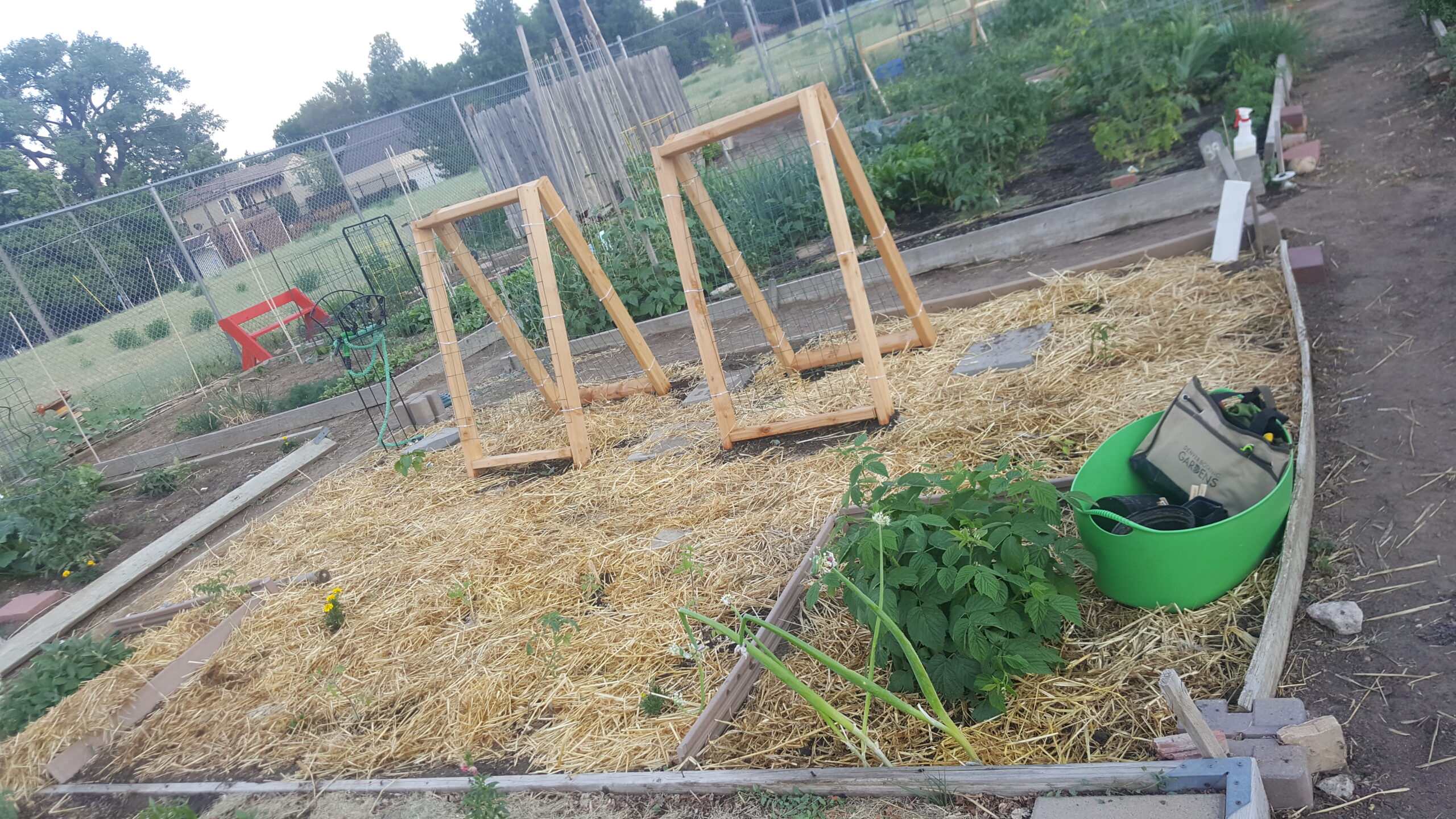
Mulches are useful additions to landscapes for several reasons. Many plant wastes can be recycled as organic mulches that aid plant growth in several ways.
Mulches reduce weed-growth around plants. Organic mulches, such as wood chips, must be three to four inches thick to effectively keep weeds down. Organic mulch eventually breaks down improving soil, which means you’ll need to replace it after several years.
Mulches save water in the garden because they reduce evaporation from the soil surface. Inorganic mulches, such as rock, can also hold in moisture. Mulches also improve water penetration and minimize soil crusting.
Some people prefer to use spun or woven landscape fabric under wood chips or gravel. Unlike solid sheet plastic, which is no longer recommended, these materials promote air and water exchange within the soil.
Mulches also control temperatures around plants. Organic mulches are cooler than rock mulches in the sun. Rocks absorb and store heat for long periods, reradiating heat to plants.
Organic mulches are often used to alter temperatures in other ways. Applying mulches at planting keeps soil temperatures above freezing, which protects fall transplants and allows a longer period for root growth before winter.
To protect plants from winter drying and frost heaving, apply mulches after the ground is frozen. This protects small bulbs by delaying spring growth until weather is warmer and more settled.
An ideal mulch doesn’t compact easily, allows air and water movement into and out of the soil, and breaks down slowly. In addition, the ideal mulch is weed free, attractive, won’t blow away and isn’t a fire hazard.
For “Xeriscape mulches” refer to message number 1905.
For more information, see the following Colorado State University Extension fact sheet(s).
- Strawberries for the Home garden
- Mulches for Home Grounds
- Xeriscaping: Creative Landscaping
- The Science of Planting Trees


